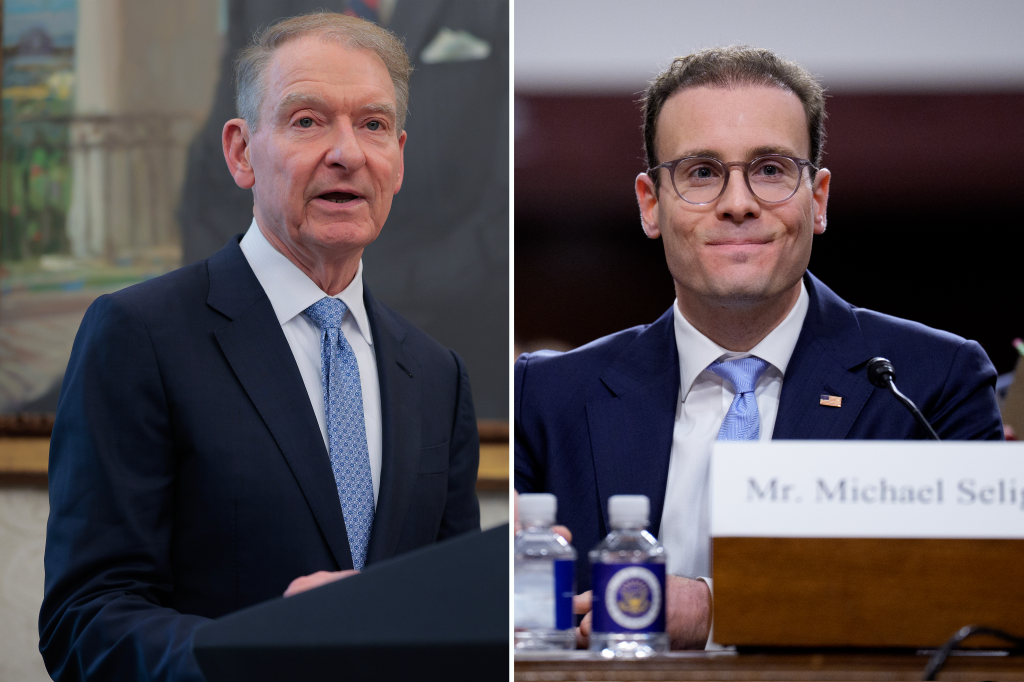The SEC is reevaluating the definition of a foreign private issuer (FPI). It says the new definition needs to better represent these issuers to reflect today’s reality, so FPIs can benefit from current FPI accommodations while continuing to protect investors and promote capital formation. Comments are sought by September 8, 2025.
The
Register for free to keep reading
To continue reading this article and unlock full access to GRIP, register now. You’ll enjoy free access to all content until our subscription service launches in early 2026.
- Unlimited access to industry insights
- Stay on top of key rules and regulatory changes with our Rules Navigator
- Ad-free experience with no distractions
- Regular podcasts from trusted external experts
- Fresh compliance and regulatory content every day













